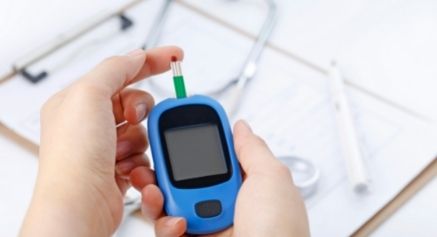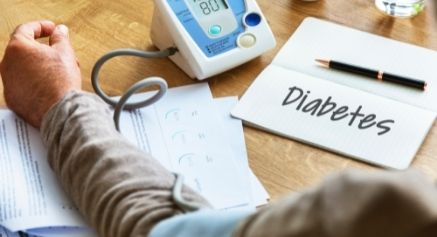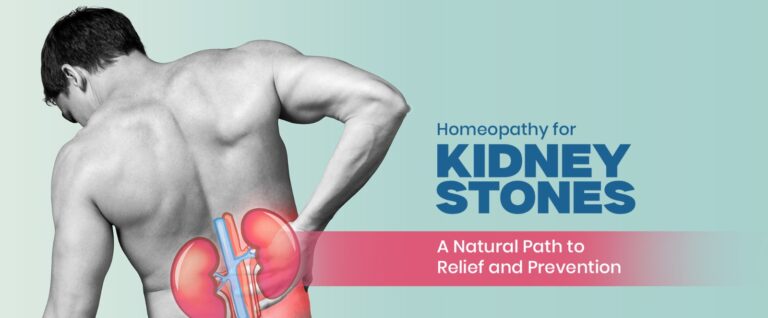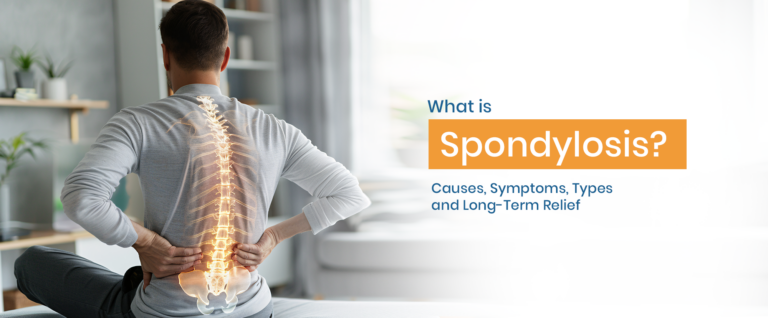There are several things you should be aware of if you have type 2 diabetes. Diabetes mellitus is the most common type of diabetes. Type 2 diabetes occurs when your body fails to appropriately utilize hypoglycemic agents. While some people can regulate their blood sugar levels with diet and exercise, others may require medication or a hypoglycemic agent to do so. Whatever the case may be, you need to resist it. Not sure where to begin? Learn about the homeopathic treatment of type 2 diabetes.
Overview
Type 2 diabetes is a condition where the body fails to produce or fails to utilize Insulin, the major hypoglycemic agent in humans, which allows glucose into cells to be utilized as a fuel. This serious disease causes excess sugar to circulate in the blood. These high blood sugar levels can ultimately cause cardiovascular, neurological, and immunological system issues.
Type 2 diabetes was mistakenly referred to as elderly diabetes; both type 1 and type 2 diabetes may develop in infancy or adulthood. Type 2 diabetes is more common in elderly people, but an increase in the number of obese children has led to an increase in type 2 diabetes in younger people.
Type 2 diabetes seems to have no solution, although losing weight, eating a balanced diet, and exercising may help you control the disease.
If food and exercise aren’t enough to keep your blood sugar under control, you may require diabetic medications like hypoglycemic agent injections for temporary control of symptoms. But if you’re seeking a permanent solution for your problem, then you can always rely on the only natural, side effect free treatment solution, Homeopathy.
Diabetes Type 2 – Symptoms
In type 2 diabetes, your body’s metabolism is unable to use hypoglycemic agents properly to transfer glucose into your cells. As a result, your health is forced to rely on alternative energy sources in its tissues, muscles, and organs. This constant cycle can result in a wide range of symptoms.
Type 2 diabetes can progress slowly. At first, the symptoms may be modest and simple to ignore. The following are examples of early symptoms:
- Continuous hunger
- Tiredness
- Excessive thirst
- Repeated urination
- Blurry vision
- Hand or foot discomfort
- Tingling or numbness
As the condition advances, the symptoms worsen and can lead to significant, tragic outcomes.
If the fasting blood glucose has been raised for a longer duration, the following issues may occur:
- Difficulties with the eyes (diabetic retinopathy)
- Numbness in your extremities, also known as neuropathy
- Kidney disorder (nephropathy)
- Gingivitis
- Stroke or heart attack
Here’s how you can begin:
- Consult your doctor to decide the appropriate degree of physical exercise for you
- Determine how much time you can dedicate to working out every day
- Set workout goals—having specific objectives might help you stay motivated
- Consider where you’ll begin exercising: the gym, your neighborhood, or a park
- Include a variety of activities in your normal activities
- Start responsibly and allow yourself time to recover
- Keep records of what you’re doing and simply focus on your ambitions
- Pay attention to your body
Type 2 Diabetes Causes
The hypoglycemic agent is a hormone secreted by the pancreas. It aids your cells in the conversion of glucose into energy. Individuals with type 2 diabetes secrete a hypoglycemic agent, but their cells do not absorb it as they used to.
Initially, your pancreas produces more hypoglycemic agents in an attempt to get glucose into your cells. But it can’t keep up forever, and the glucose builds up in your blood instead.

Type 2 diabetes in general, is caused by a number of causes. They might include:
- Genes: Scientists have discovered several segments of DNA can influence how your body produces hypoglycemic agent
- Extra weight: Being overweight or obese can lead to hypoglycemic agent resistance, especially if you carry additional weight around your stomach
- The metabolic syndrome: Hypoglycemic agent resistance is often linked with a range of diseases, including high blood sugar, excess fats around the waist, high blood pressure, and high cholesterol and triglycerides
- Your liver has produced an excessive amount of glucose: When your blood sugar drops, your liver produces and excretes glucose. When you eat, your blood sugar levels rise, and your liver normally slows down and stores glucose for later use. However, some people’s livers do not.
- Cells aren’t communicating well: Cells can sometimes transmit the incorrect signals or fail to take up communications properly. When these issues influence how your cells produce and use hypoglycemic agent or glucose, a chain reaction can occur, resulting in diabetes
- Beta cells have been broken: If the cells that produce hypoglycemic agent produce improper amounts of hypoglycemic agents at the wrong time, your blood glucose levels will be thrown off. High blood glucose levels may also harm these cells
Type 2 diabetes risk factors
While some risk factors for type 2 diabetes are beyond your control (such as your age and family history, as noted above), some lifestyle decisions can significantly increase your chances of getting type 2 diabetes. Among them are the following:
- Living with an excess of weight: When you are overweight, you most likely have more fat deposits, which can make your cells more hypoglycemic agent resistant
- Sedentary Lifestyle: Physical activity on a regular basis improves the response of your cells to insulin
- Consumption of a lot of highly processed foods: Highly processed meals may include a significant amount of hidden sugar and refined carbohydrates. If your lifestyle necessitates a more “grab-and-go” eating habit, see your doctor or a nutritionist about healthier substitutes
You may be at a high risk if you have had maternal diabetes or prediabetes, both of which are caused by high glucose levels.

Complications linked to type 2 diabetes
Type 2 diabetes can be properly treated across many individuals. If not treated appropriately, it can damage almost all of your organs and cause serious complications such as:
- Infections of the skin, such as bacterial or fungal infections
- Nerve damage, also known as neuropathy, can result in a loss of feeling, numbness, and tingling in your extremities, as well as digestive problems such as vomiting, diarrhea, and constipation
- Poor circulation to the feet makes it difficult for your feet to recover after a cut or infection, and it can potentially lead to gangrene and loss of the foot or limb
- Impairment of hearing
- Retinal damage, commonly referred to as retinopathy, and eye damage, which can result in blurred vision, glaucoma, and cataracts
- High blood pressure, artery narrowing, angina, heart attack, and stroke are all examples of cardiovascular illnesses
- Women with diabetes are more likely to suffer a heart attack at a younger age than women without diabetes
- Diabetes makes men 3.5 times more likely to suffer erectile dysfunction (ED)
Type 2 Diabetes Treatment in Homeopathy
Natural, side-effect-free miracles are achieved by homeopathy treatments. It is appropriate for both acute and chronic diseases, including seasonal flu medication. It helps in the acute phase of the disease and also in the treatment of long-term post-viral complications such as post-viral arthritis, asthma, fatigue, and so on.
At our Dr. Care Homeopathy, we don’t treat disease for its symptoms.
We’ll treat the illness from its root cause, due to which the disease arises in the first place.
Call & book an appointment at your nearest Dr. Care Homeopathy: 7337557853



